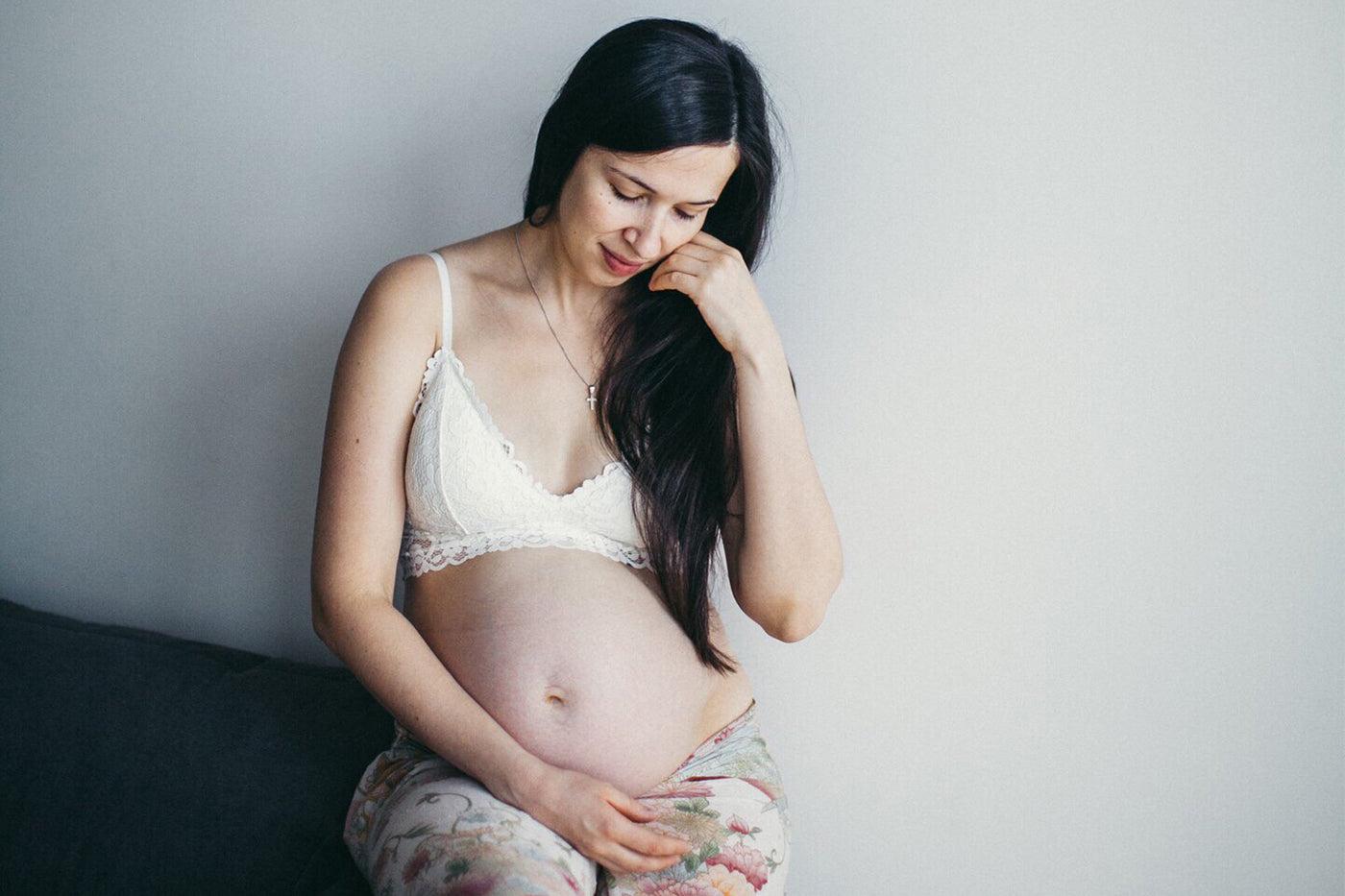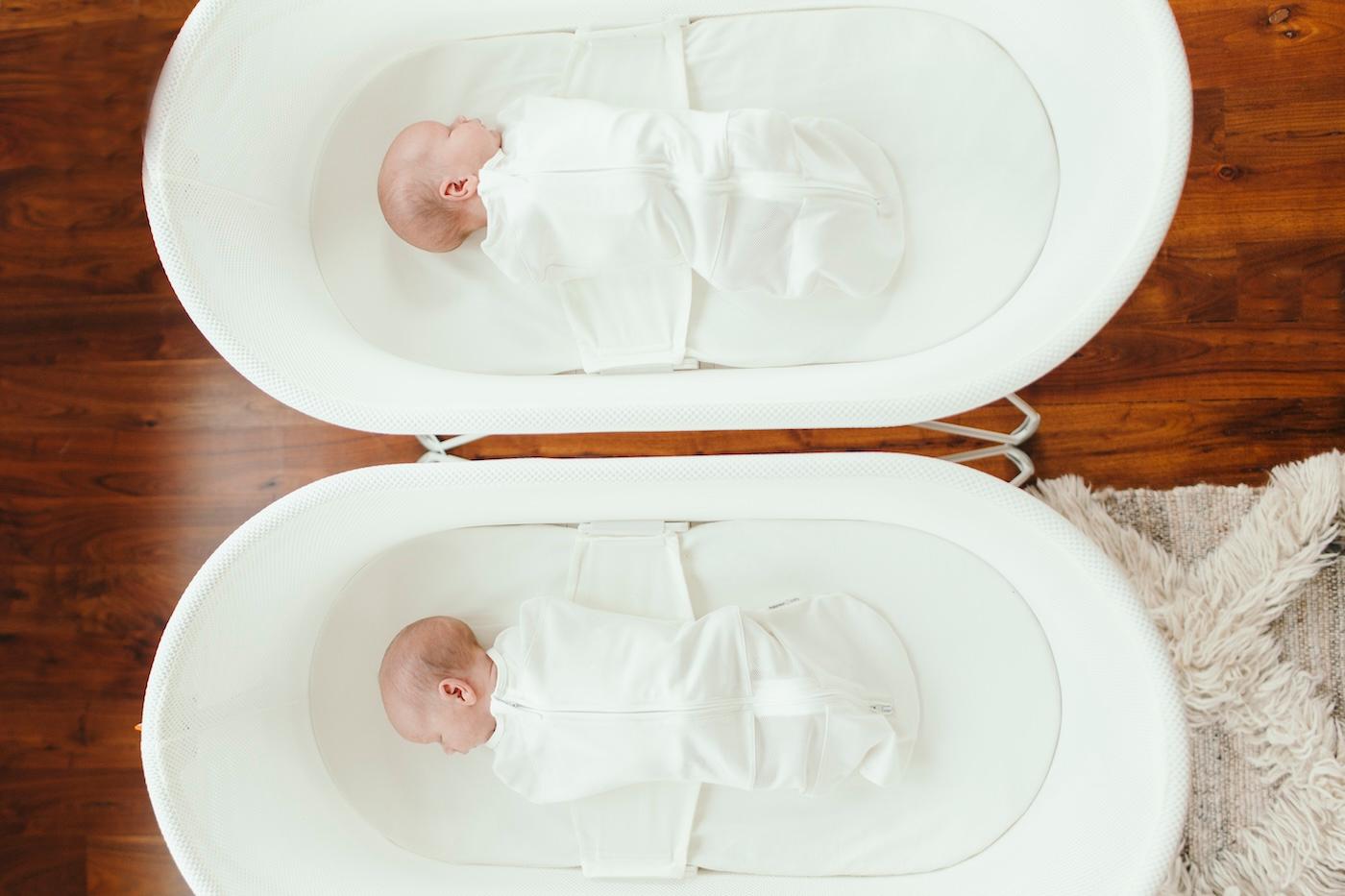PREGNANCY
Depression During Pregnancy—What Mums-to-Be Need to Know
We have made great strides to demystify and destigmatise postpartum depression, yet it is only now dawning on us how really tough pregnancy can be on a mum’s emotional balance.

Written by
Dr. Harvey Karp

In recent years, we have made great strides to demystify and destigmatise postpartum depression. Increasingly doctors and parents have come to recognise how really tough pregnancy can be on a mum’s emotional balance.
Of course, we all know that morning sickness, bloated legs, heartburn, and sundry aches and pains are par for the course, yet it is only now dawning on us that pregnancy does not always mean glowing and grinning ear-to-ear for 9 straight months.
Studies have found that anywhere from 14-25% of pregnant women experience some form of pregnancy depression: a sustained feeling of moodiness or blah— from loss of joy to high anxiety and frank sadness.
What are the signs of pregnancy depression?
The challenge of diagnosing pregnancy depression is that many of the symptoms—such as poor sleep, reduced appetite, and low energy level—are normal during any pregnancy. So, what is the tipoff that you are tipping into a depression during pregnancy?
Here are the most common pregnancy depression symptoms:
- Irritability and mood swings
- Easily becoming tearful
- Feeling inadequate or disconnected
- Loss of interest in normal activities
- Lack of appetite or other changes in eating
- Difficulty concentrating and memory problems
- Neglecting antenatal care
- Persistent sadness and negative thoughts
- Rising worry or anxiety…that resists reassurance
- Feeling the need for alcohol, drugs, or tobacco
- Suicidal thoughts
When should you seek help for depression during pregnancy?
Many more pregnant women slip into depression during pregnancy than previously recognised. So, if you feel yourself struggling, the good news is there are ways to help it get much better…all you need to do is ask.
Put aside the hesitations or guilt, you are a good mum for reaching out to get help for you, your baby and family. Just give a call to your GP or midwife…there is no shame in having a conversation.
Indeed, your healthcare provider should already be screening you for depression during your pregnancy. The standard screening test includes questions about your mood and anxiety level. (Here is one commonly used depression screening tool). Getting diagnosed is the first step to feeling better again.
Depressions During Pregnancy Treatment
There are many treatments and natural remedies that can help with mild to moderate depression during pregnancy. These include:
- Talking to a therapist either in-person or over video chat. Look for someone with experience in treating antenatal and postnatal depression. (Here are some virtual mental health resources to explore.)
- Joining an online support group. Find a postpartum depression support group—they often support women with pregnancy depression as well.
- Trying light therapy—also called phototherapy—which involves getting lots of morning sunlight or sitting next to a 'light box' that mimics sunlight. Used to treat seasonal affective disorder, light therapy also can help pregnancy mood problems.
- Getting exercise has been shown to improve mood, so long as you do not overdo it.
- Acupuncture is safe for treating depression during pregnancy and can be very relaxing.
- Supplementing with Omega-3, which has been shown to reduce depression symptoms (ask your provider for dosage).
Pregnancy depression and medication
Women with more severe depression during pregnancy may need anti-depressant medicine. It is never an easy decision to take medication when you are pregnant, but oftentimes it is the right thing to do because being depressed can impact both your— and your baby’s—health.
You and your healthcare provider must weigh the risk of untreated depression while pregnant (potentially even thoughts of self-harm) versus the concerns of medicine affecting the baby. For many women, pregnancy depression might be managed without a prescription. But, for others, drugs are necessary.
What causes pregnancy depression and who is most vulnerable?
The hormonal changes that occur during pregnancy can affect your brain chemistry, impacting mood. But there are additional risk factors that can slide you towards depression:
- Sleep deprivation
- A prior history of depression or anxiety
- Big life stresses and a lack of social support
- Prior or ongoing abuse
- Excessive discomfort
Pregnancy depression can be tough to talk about, but getting help can make all difference in the world…for your own health, as well as for your baby.
Disclaimer: The information on our site is NOT medical advice for any specific person or condition. It is only meant as general information. If you have any medical questions and concerns about your child or yourself, please contact your health provider. Breastmilk is the best source of nutrition for babies. It is important that, in preparation for and during breastfeeding, mothers eat a healthy, balanced diet. Combined breast- and bottle-feeding in the first weeks of life may reduce the supply of a mother's breastmilk and reversing the decision not to breastfeed is difficult. If you do decide to use infant formula, you should follow instructions carefully.
SHARE THIS ARTICLE
PARENT PICKS
Bestsellers



















